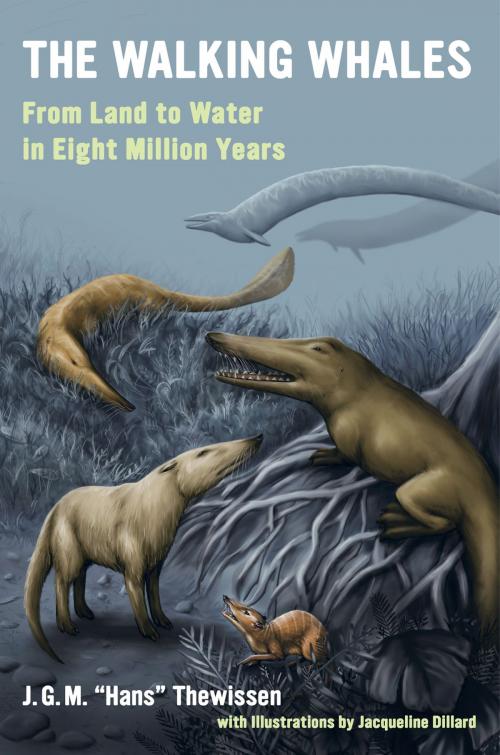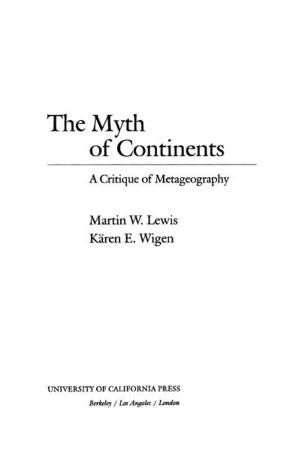The Walking Whales
From Land to Water in Eight Million Years
Nonfiction, Science & Nature, Science, Earth Sciences, Palaeontology, Biological Sciences, Zoology, Evolution| Author: | J. G. M. Hans Thewissen | ISBN: | 9780520959415 |
| Publisher: | University of California Press | Publication: | November 13, 2014 |
| Imprint: | University of California Press | Language: | English |
| Author: | J. G. M. Hans Thewissen |
| ISBN: | 9780520959415 |
| Publisher: | University of California Press |
| Publication: | November 13, 2014 |
| Imprint: | University of California Press |
| Language: | English |
Hans Thewissen, a leading researcher in the field of whale paleontology and anatomy, gives a sweeping first-person account of the discoveries that brought to light the early fossil record of whales. As evidenced in the record, whales evolved from herbivorous forest-dwelling ancestors that resembled tiny deer to carnivorous monsters stalking lakes and rivers and to serpentlike denizens of the coast.
Thewissen reports on his discoveries in the wilds of India and Pakistan, weaving a narrative that reveals the day-to-day adventures of fossil collection, enriching it with local flavors from South Asian culture and society. The reader senses the excitement of the digs as well as the rigors faced by scientific researchers, for whom each new insight gives rise to even more questions, and for whom at times the logistics of just staying alive may trump all science.
In his search for an understanding of how modern whales live their lives, Thewissen also journeys to Japan and Alaska to study whales and wild dolphins. He finds answers to his questions about fossils by studying the anatomy of otters and porpoises and examining whale embryos under the microscope. In the book's final chapter, Thewissen argues for approaching whale evolution with the most powerful tools we have and for combining all the fields of science in pursuit of knowledge.
Hans Thewissen, a leading researcher in the field of whale paleontology and anatomy, gives a sweeping first-person account of the discoveries that brought to light the early fossil record of whales. As evidenced in the record, whales evolved from herbivorous forest-dwelling ancestors that resembled tiny deer to carnivorous monsters stalking lakes and rivers and to serpentlike denizens of the coast.
Thewissen reports on his discoveries in the wilds of India and Pakistan, weaving a narrative that reveals the day-to-day adventures of fossil collection, enriching it with local flavors from South Asian culture and society. The reader senses the excitement of the digs as well as the rigors faced by scientific researchers, for whom each new insight gives rise to even more questions, and for whom at times the logistics of just staying alive may trump all science.
In his search for an understanding of how modern whales live their lives, Thewissen also journeys to Japan and Alaska to study whales and wild dolphins. He finds answers to his questions about fossils by studying the anatomy of otters and porpoises and examining whale embryos under the microscope. In the book's final chapter, Thewissen argues for approaching whale evolution with the most powerful tools we have and for combining all the fields of science in pursuit of knowledge.















